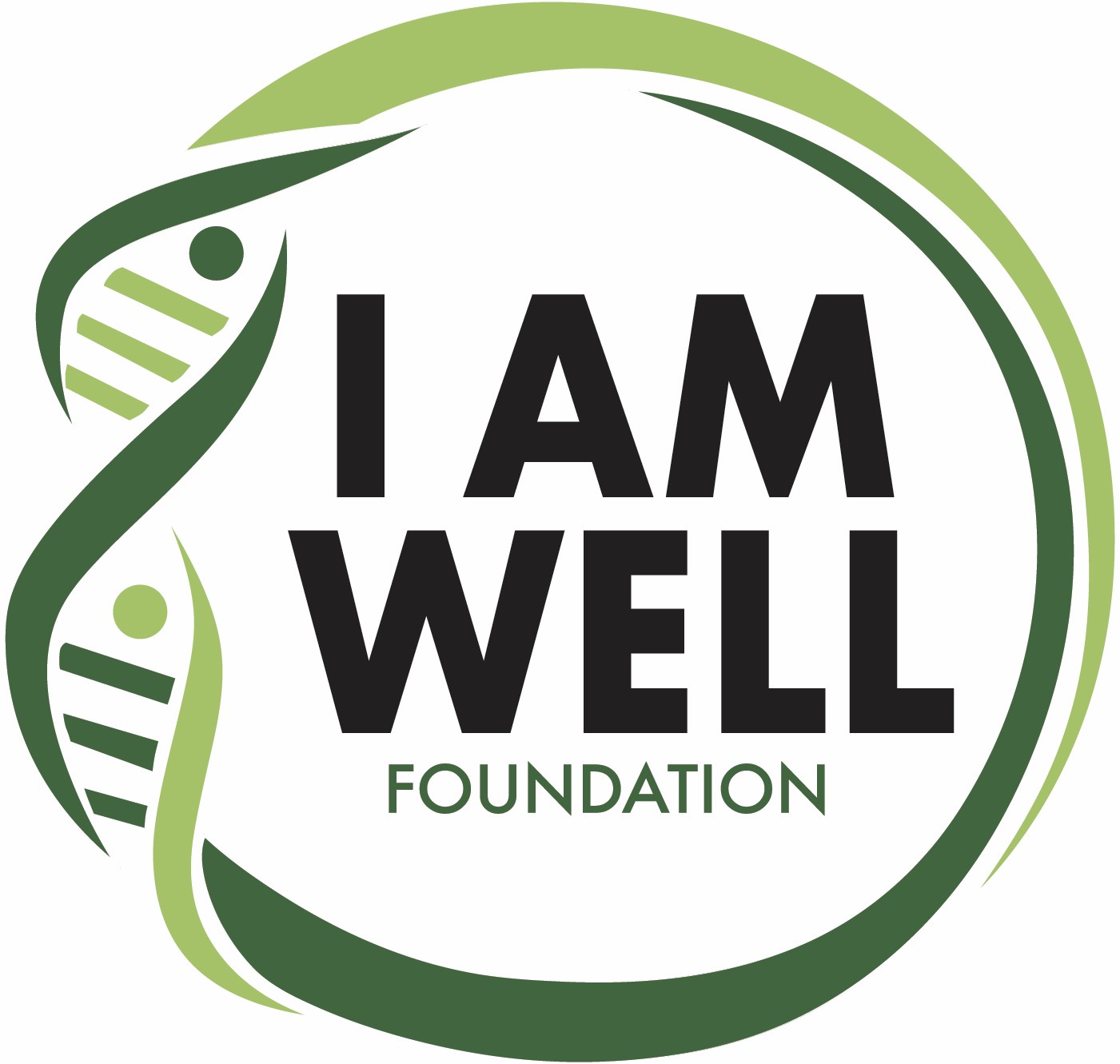IDENTITY
Our sense of identity is how we maintain and communicate our view of ourselves in context to our relationships with others. Generally speaking, self-identity is comprised of our most stable and predominate characteristic. It often includes the labels we give ourselves or willingly accept from others. For example, a person might identify and be known as a hard worker with a gentle demeanor, even though the person sometimes comes in late and gets angry on occasion.
Signs of Optimal Health & Wellness
Indicators of thriving include:
- Understanding and expression of identity matches reality
- Awareness of skills and strengths, as well as areas that could use improvement if desired
Warning Signs
Indicators of warning include:
- Misalignment between your understanding of self, projection of self and your true self
- Self-deprecating
- Values others above themselves
- Assumes a group identity as permanent or primary descriptor of self
- Identity crumbles in the face of criticism
SELF EVALUATION
Understanding and defining your identity allows you to move easier through social settings and opportunities. This can change over time as your goals and aspirations change. If warning signs are present, ask yourself: Do I truly match with the social roles I’ve aspired to? Do I do things because I think I should, or because I want to? Do I take occasional risks and accept new challenges without changing my identity?
SELF-CARE
- Practice identifying yourself without using any social labels
GET SUPPORT
When you lack self confidence in your own identity, or when your identity is tied to group, culture, or relationship, it may be time to seek help in learning to define and identify yourself.
EMERGENCY
If you have active thoughts or intentions of harming yourself or others:
- Dial 911;
- Go the nearest hospital emergency room
